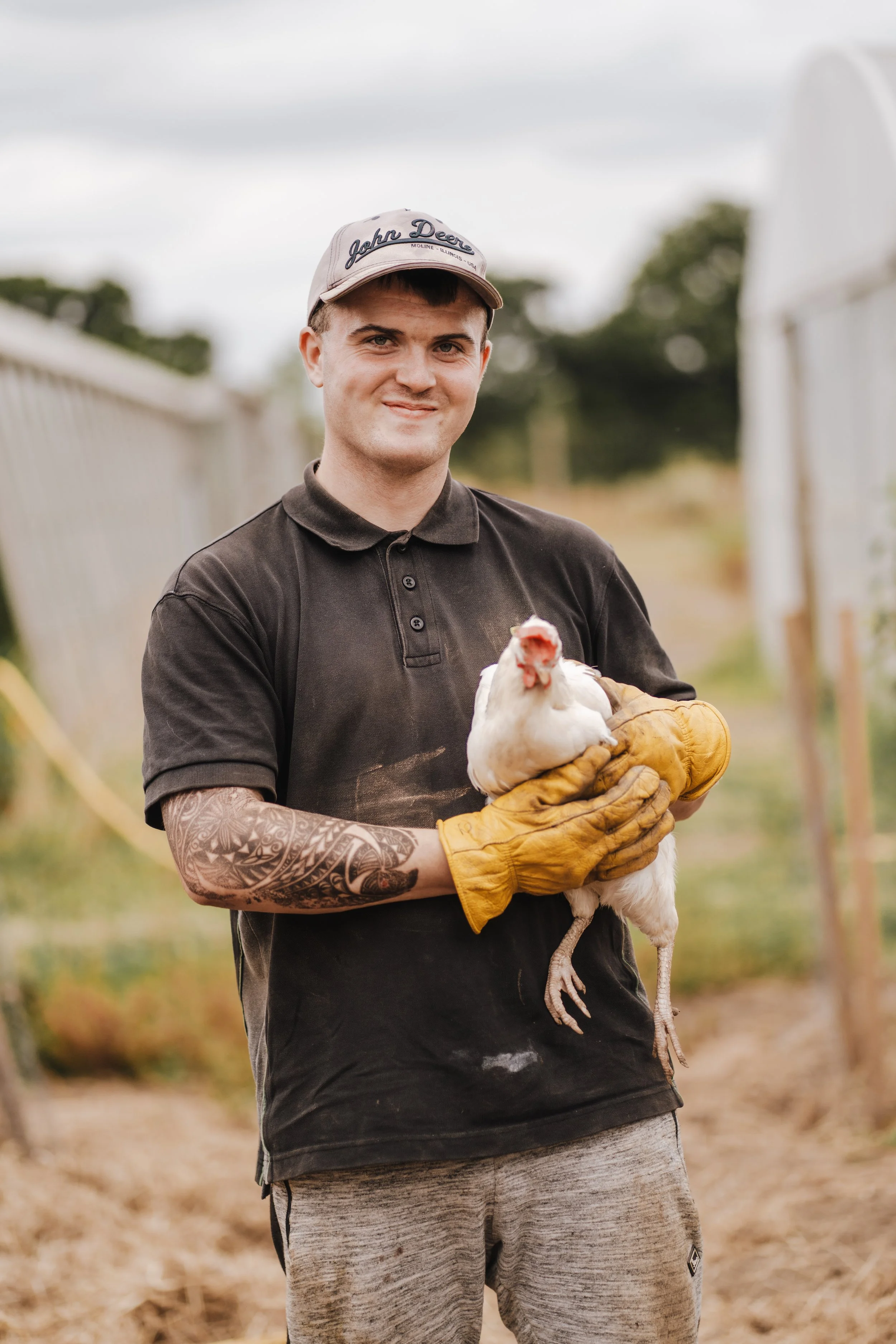The Environment benefits of biodynamic farming : a holistic approach to agriculture
In recent years, the spotlight on sustainable farming practices has grown brighter, and among these, biodynamic farming stands out for its holistic approach to agriculture. Originating in the early 20th century from the teachings of Rudolf Steiner, biodynamic farming goes beyond organic methods by incorporating spiritual and ecological principles. Let's delve into the environmental benefits that make biodynamic farming a powerful ally in the fight for a healthier planet.
1. Enhanced Soil Health
Biodynamic farming prioritizes soil fertility and structure. Farmers use composts and natural preparations made from herbs, minerals, and animal manure to enrich the soil. These practices lead to improved soil texture, increased microbial activity, and better nutrient cycling. Healthy soil not only supports robust plant growth but also acts as a carbon sink, helping to mitigate climate change.
2. Biodiversity Promotion
Biodynamic farms are ecosystems in their own right. They promote biodiversity by encouraging the presence of various plant species, insects, and animals. Crop rotation, cover cropping, and the integration of livestock create a dynamic environment where pests are naturally controlled, and pollinators thrive. This biodiversity is crucial for ecosystem resilience and productivity.
3. Reduced Chemical Usage
One of the core principles of biodynamic farming is the avoidance of synthetic chemicals. By eliminating pesticides, herbicides, and synthetic fertilizers, biodynamic farming reduces the contamination of soil and water bodies. This leads to a decrease in the pollution of local ecosystems and protects wildlife and human health from harmful chemicals.
4. Water Conservation
Biodynamic practices often result in better water retention and reduced erosion. The emphasis on organic matter and soil health means that water infiltrates and is stored in the soil more effectively. This reduces the need for irrigation and helps maintain the water table. Additionally, the avoidance of chemicals means that water sources remain unpolluted and safe for surrounding communities and ecosystems.
5. Climate Change Mitigation
Biodynamic farming can play a significant role in combating climate change. By enhancing soil health and increasing organic matter, biodynamic farms can sequester more carbon dioxide from the atmosphere. Furthermore, the reduced reliance on fossil fuels for synthetic fertilizers and chemicals lowers the overall carbon footprint of these farms. Livestock integration also contributes to nutrient cycling, reducing the need for external inputs and further lowering greenhouse gas emissions.
6. Resilience to Climate Extremes
Healthy, biodiverse farms are more resilient to extreme weather events. The robust soil structure and diversity of plant and animal life help biodynamic farms withstand droughts, floods, and pest outbreaks better than conventional farms. This resilience is increasingly important as climate change leads to more unpredictable and severe weather patterns.
7. Holistic Ecosystem Management
Biodynamic farming views the farm as a living organism, with interconnected systems that must be managed holistically. This perspective ensures that every aspect of the farm, from soil to sky, is considered in farming decisions. Such a holistic approach fosters a deep connection between farmers and their land, leading to sustainable and environmentally conscious farming practices.
Conclusion
Biodynamic farming offers a compelling model for sustainable agriculture. By enhancing soil health, promoting biodiversity, reducing chemical usage, conserving water, mitigating climate change, and building resilience, biodynamic farms create a harmonious balance between human needs and environmental health. As we seek solutions to the pressing environmental challenges of our time, biodynamic farming presents a pathway to a more sustainable and thriving planet.

